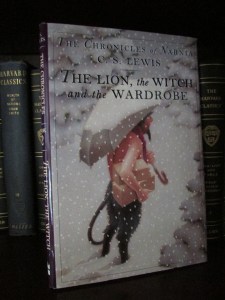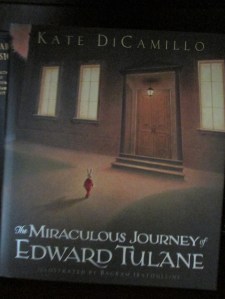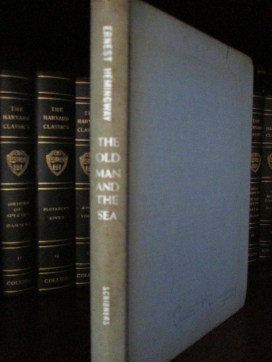I love books. I love to read. Since I can remember. I am an eclectic reader. I read different genres, pretty much anything that will hold my attention, from fiction to self-help, to finances, reference, anything and everything. After I read a book, it will either be put aside to be read again much later in the future, probably years, at least one more time. It will be donated or given away to someone, or kept for reference for some time. However, there are books that I loved so much the first time I read them, that I know for sure they will have a permanent place on my bookshelves. I will revisit them all my life. I call them my forever books. I would love to share some of these on this post.
Although the Bible, some of the classics, and (important for me) reference books will be permanently on my bookshelves, I am referring to the books that on that first reading, enchanted me somehow. Here are a few.
The Lion, the Witch, and the Wardrobe by C.S. Lewis

I wish I had kept the early copy when I read this one as a child.
Jonathan Livingston Seagull by Richard Bach

The Miraculous Journey of Edward Tulane by Kate DiCamillo

The Grievers by Marc Schuster

The Last Hunt by Cliff Burns

The Old Man and The Sea by Ernest Hemingway

How to Stop Worrying and Start Living by Dale Carnegie

The Last Lecture by Randy Pausch

Love the book, but much more because it is a gift from my sister.
These are just a few that will be forever on my bookshelf. I enjoyed them immensely. As you can see, they range in topic, genre, and time written. To me, reading is almost a religious experience, and I understand that every reader experiences and interprets a book in a very personal way, and therefore, a book can touch lives and entertain in countless ways. This is why reviews are not as important as we think they are. The same books that I love so much, another reader might dislike. I may love a book, but that doesn’t mean that I will like or enjoy other books from the same author in the same way. I might read them, and enjoy them very much, however, not necessarily give them a permanent spot, reserved only for those enchanting tomes.
As an author, I am in a different state of mind and “being” every time I write, so I think it would be unusual that I would write in the same way or with the same degree of inspiration all the time. To expect the same degree of inspirational awe from an author every time he/she publishes a book is like expecting coffee to taste the same all the time (I love coffee), and maybe that is why I’ve never understood traditional publishing. On the same note, as a reader, I approach a book with different intent at different stages in my life. It seems so as I mature. Life takes on another color, another flavor, and things evolve in importance. Although a story remains as it was written, another story lives and breathes in between the lines, waiting for the reader to find it and give it the meaning that is so unique and special to each person. That is why I am so careful with my opinion of a book, and any reviews are only my experience with, my view, my take, on a book that I enjoyed reading. My interpretation, that is ultimately influenced by the stage I am in life, and my surroundings, as well as all the thoughts, feelings, and emotions that accompany it. A good example is The Lion, the Witch, and the Wardrobe by C.S. Lewis. I read it when I was around 10 years old, maybe earlier, and at that time I thought it was the most exciting adventure I had encounter in the pages of a book. I lived it, and I loved it. I read it again as an adult, and I got so much more out of the same story. The story in between the lines emerged.
I hope I have inspired you to give these books a try, if you haven’t done so already. On a future post, I will share some of my dearest collections that I treasure and will also keep on my bookshelves forever.








